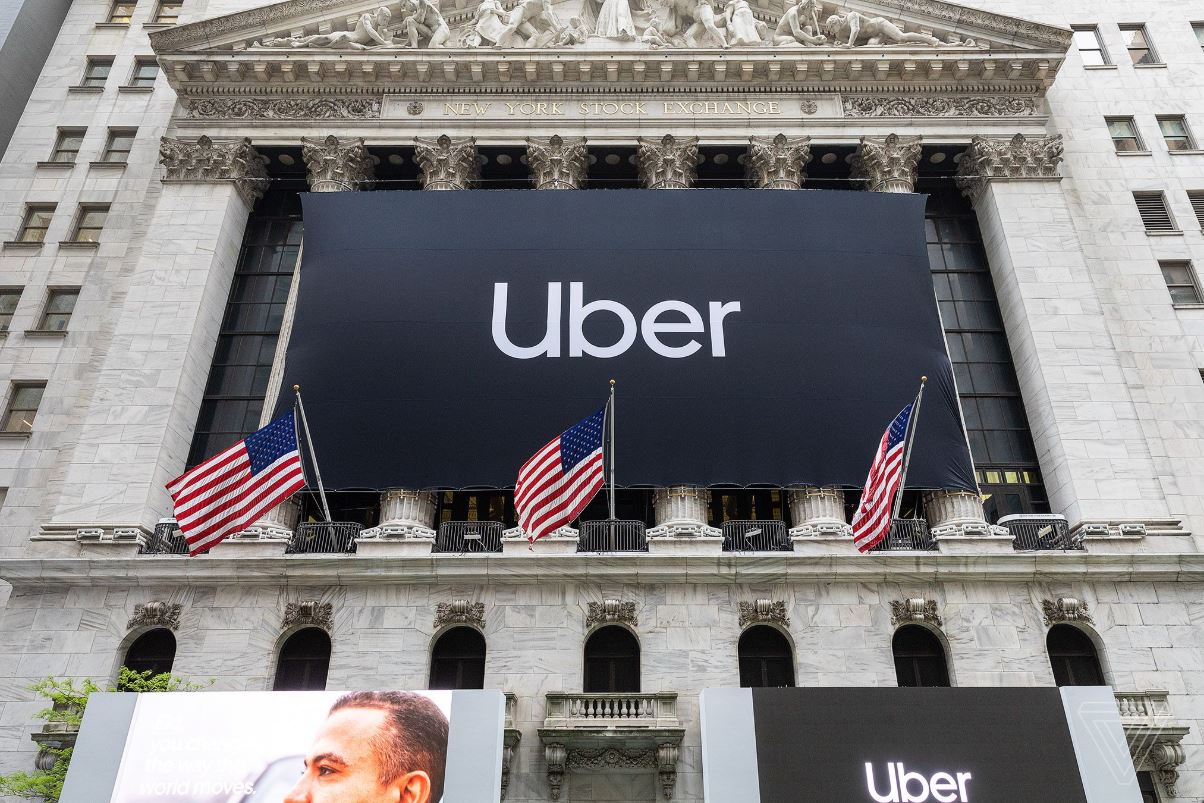The rideshare giants, Uber Technologies Inc and Lyft Inc have been in hot waters ever since the California Superior Court in May sued Uber and Lyft for not complying with rule AB5, ensuing a fight to get company drivers the status of ’employees.’ The California appeals court on Thursday sided with Judge Ethan Schulman’s judgment from earlier this year and ruled against the two companies, ordering them to comply with the AB5.
In a 74 page decision, judges noted that the misclassification by Uber and Lyft caused irreparable damage to drivers who, as independent contractors miss out on employee benefits.
The landmark labor law AB5 establishes a test for determining whether the worker should be classified as employees or independent contractors. As employees, drivers would enjoy full employee benefits such as minimum wage, insurance, and the right to organize.
Uber and Lyft have resisted complying with the law ever since it took effect in early January. In May, a Californian court ruled that the companies will have to comply with the rule. This did not go down well with Uber and Lyft, which even threatened to stop operating in the state if forced to accept the law.
This led to the court issuing a temporary stay on the conversion process to consider arguments from the other side of the aisle. However, after everything has been said and done, it looks like Uber and Lyft have failed to convince Californian authorities, which have decided to discard the companies’ requests.
Now, Uber and Lyft have two options. First, they can apply for an appeal in the Supreme Court, which will then review this case, once again, and make a decision based on the arguments presented by both sides. But courts have not really done a lot for Uber and Lyft, so maybe that’s not the best idea.
The second one, is to win a ballot that is being held on November 3rd, on a measure called the Preposition 22, which seeks to exempt gig companies from AB5.
The ballot, which seeks to revoke AB5, will effectively allow Uber and Lyft drivers to function as independent contractors (whether that’s good or bad). Lyft said in response, “This ruling makes it more urgent than ever for voters to stand with drivers and vote yes on Prop. 22.”
Uber emphasized that if the voters don’t say ‘Yes’ on Proposition 22, rideshare drivers will be prohibited from continuing to operate as independent contractors, putting hundreds of thousands of Californians out of work and possibly shutting down ridesharing in most of the state.
Although the decision does not take effect till Nov-3 company-sponsored ballot, it still narrows the company’s option and poses a huge threat to the upcoming ballot.
The Tech Portal is published by Blue Box Media Private Limited. Our investors have no influence over our reporting. Read our full Ownership and Funding Disclosure →





